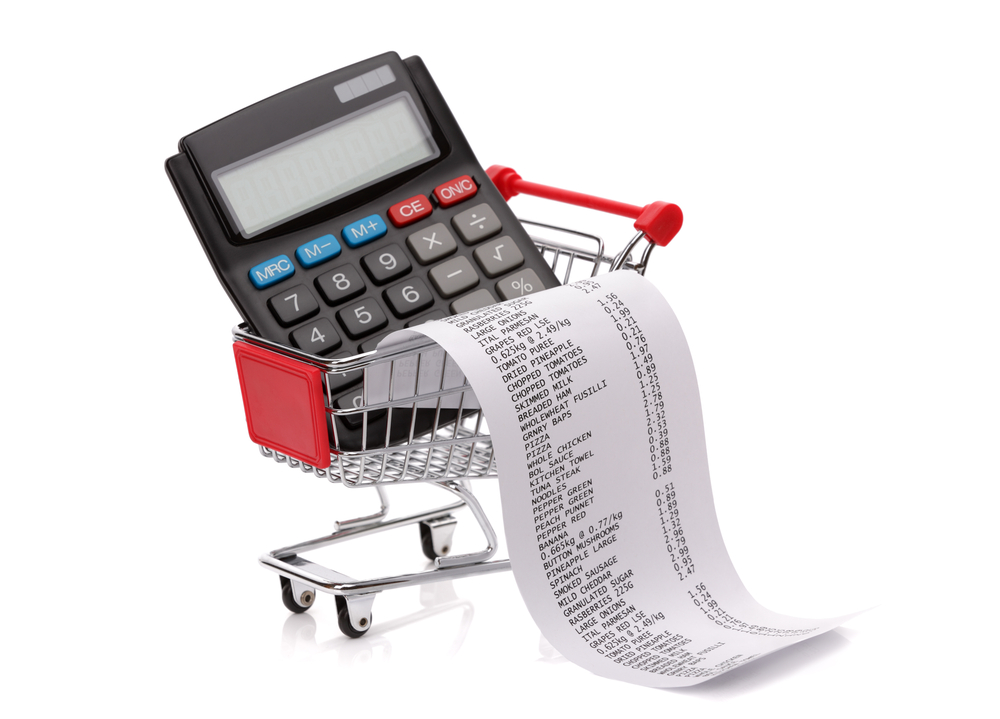12 Money Habits to Leave Behind for a Healthier Budget
Managing your finances effectively requires more than just earning a steady income; it’s about making smarter choices with your money every day. Certain habits can hold you back from reaching your financial goals, whether it’s overspending, neglecting savings, or ignoring your credit. By shifting your approach and eliminating these harmful habits, you can take control of your budget, reduce financial stress, and set yourself up for long-term success.
This post may contain affiliate links, which helps keep this content free. Please read our disclosure for more info.
Impulse Buying

Impulse buying is one of the quickest ways to drain your finances. These purchases are often driven by emotions or temporary desires, and they rarely align with your long-term financial goals. Even small, frequent impulse buys can add up to a significant amount over time. By leaving this habit behind, you can better control your spending and prioritize the items that truly matter.
To avoid impulse purchases, try making lists before shopping and sticking to them. Additionally, give yourself a waiting period before purchasing non-essential items. This simple step helps you assess whether the item is something you genuinely need or if it was just a fleeting desire. By being more intentional with your purchases, you can redirect that money into savings or investments.
Neglecting to Track Spending

Failing to track your spending can leave you unaware of where your money is going and prevent you from identifying areas to cut back. Without a clear picture of your expenses, it’s easy to overspend in certain categories and miss opportunities to save. Tracking your spending helps you understand where your money is going, allowing you to make adjustments and find better ways to manage it.
There are many tools available to help you track your expenses, from budgeting apps to simple spreadsheets. The key is consistency; reviewing your spending weekly or monthly will keep you on track and prevent you from losing sight of your financial goals. By being proactive, you can take control of your money and ensure that it’s being used effectively to build a healthier financial future.
Living Paycheck to Paycheck

Living paycheck to paycheck can cause a lot of stress and prevent you from building any meaningful savings. When your income barely covers your expenses, it’s difficult to plan for emergencies or future financial goals. By breaking free from this cycle, you can start creating a buffer between you and financial uncertainty, giving you more flexibility in your budget.
To move away from this habit, focus on creating an emergency fund and trimming unnecessary expenses. Automating savings and sticking to a strict budget will help you allocate money towards savings before you’re tempted to spend it. Over time, building a financial cushion will provide you with more security and reduce the anxiety of living paycheck to paycheck.
Not Saving for Retirement

Many people delay saving for retirement because it feels far off or they believe they have time. However, the sooner you start, the better. Compounding interest works best when you start early, and waiting too long can significantly reduce the amount you’ll have in retirement. Leaving this habit behind means taking proactive steps to ensure that your future self is financially secure.
Begin by contributing to retirement accounts, such as a 401(k) or IRA, and set a consistent monthly contribution. Even small amounts will add up over time, and increasing your contributions as you can will make a big difference. Focusing on retirement now will ensure you don’t face financial difficulties in your later years.
Overspending on Non-Essentials

Many of us get caught up in spending money on things that aren’t necessary. Whether it’s dining out frequently, buying the latest gadgets, or indulging in subscription services you don’t really use, these expenses can quickly add up. By cutting back on non-essential spending, you can free up more money for things that matter, like savings, paying down debt, or investing in your future.
Start by evaluating your current habits and identifying areas where you can scale back. Consider alternatives to your regular non-essential purchases, maybe cooking at home more often, or cancelling subscriptions you don’t use. The more conscious you are of where your money is going, the more you can focus it on your long-term financial well-being.
Relying Too Heavily on Credit Cards

Credit cards can be a useful financial tool when used responsibly, but relying on them too heavily can lead to significant debt. The temptation to buy now and pay later often results in accumulating balances that are hard to pay off, with high interest rates making it even more difficult. Leaving this habit behind means being more disciplined with your spending and making sure that you are not using credit as a crutch.
Focus on paying off your credit card balances in full each month to avoid interest charges. If you do need to carry a balance, work on creating a plan to pay it down as quickly as possible. By using credit cards more strategically and paying them off promptly, you can prevent debt from piling up and harming your credit score.
Ignoring Your Credit Score

Your credit score plays a huge role in your financial life, affecting your ability to get loans, mortgages, and even jobs. Ignoring your credit score can result in missed opportunities or higher costs due to higher interest rates. Leaving this habit behind means regularly monitoring your score and taking steps to improve it if necessary.
Check your credit score periodically and review your credit report for any errors or discrepancies. If your score is lower than you’d like, work on paying down high-interest debt and ensuring that your bills are paid on time. Over time, these actions will improve your credit score, giving you better financial opportunities.
Not Setting Financial Goals

Setting clear financial goals is essential for staying motivated and focused on your money management. Without goals, it’s easy to let your finances drift without any direction. Whether you want to save for a vacation, pay off debt, or build an emergency fund, setting specific, measurable goals will help you stay on track and give you something to work toward.
Break down your goals into smaller, achievable steps and track your progress regularly. Adjust your budget as needed to allocate money toward these goals, and celebrate milestones along the way. Having goals in place will make your budgeting efforts more purposeful and rewarding.
Ignoring the Importance of Insurance

Many people overlook the importance of having the right insurance coverage, thinking it’s an unnecessary expense. However, insurance can protect you from unexpected financial burdens that could derail your budget. Leaving this habit behind means understanding the value of health, life, car, and home insurance to safeguard your finances in case of emergencies.
Take the time to evaluate your insurance needs and make sure that you are adequately covered. Shop around for the best rates and choose policies that fit your lifestyle and financial situation. Having proper insurance in place ensures that you won’t be caught off guard by an unforeseen event, keeping your budget intact.
Avoiding Investing

Investing may seem intimidating to some, but it is one of the best ways to grow your wealth over time. Leaving this habit behind means exploring investment opportunities, such as stocks, bonds, or mutual funds, to put your money to work. The earlier you start, the more your money has the potential to grow through compounding.
Begin by educating yourself on the basics of investing and starting with small, manageable investments. As you gain experience, you can gradually increase your contributions and diversify your portfolio. Investing is a key element of building long-term financial security and should be a priority for anyone looking to grow their wealth.
Not Shopping Around for Better Deals

Many people stick with the first option they find, whether it’s a service provider, insurance company, or even a grocery store. This can lead to overpaying for things that could be cheaper elsewhere. By leaving behind the habit of settling for the first option, you can make smarter choices and find better deals that help you save money.
Take time to research and compare prices before making purchases. Look for discounts, promotions, and loyalty programs to get the best value. Small changes like switching to a cheaper phone plan or buying generic brands can have a significant impact on your budget over time.
Overlooking Small Expenses

It’s easy to overlook small, everyday expenses like a morning coffee or a snack from the vending machine. While these may seem insignificant in isolation, they can add up quickly over time. By leaving this habit behind, you’ll be able to recognize where your money is leaking and take steps to reduce unnecessary costs.
Consider packing your lunch, brewing your coffee at home, or skipping the daily treat to save a little each day. These small sacrifices can add up to larger savings over time, allowing you to allocate that money toward more important financial goals. Tracking these expenses will help you see where you can make adjustments.
This article originally appeared on Avocadu.
